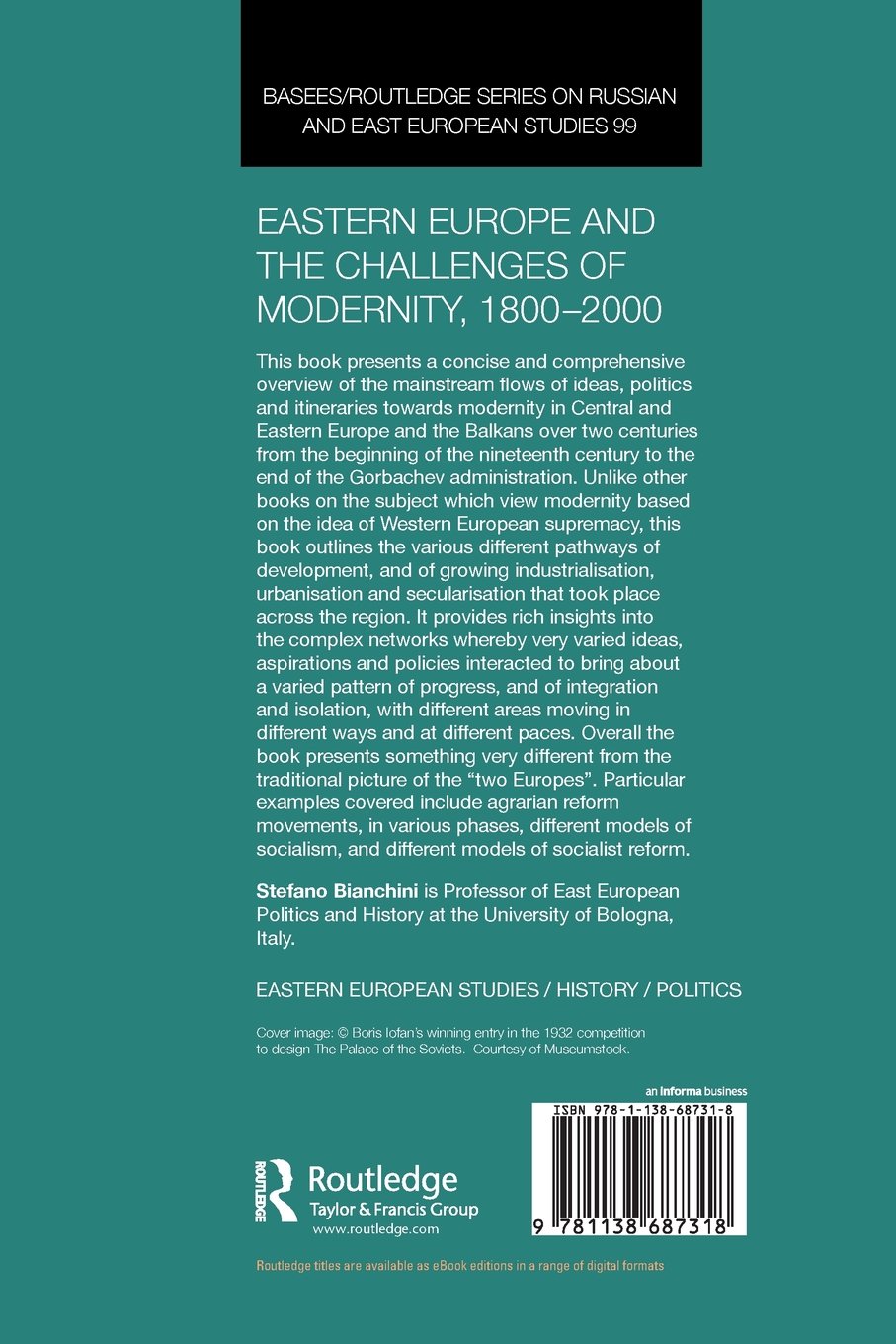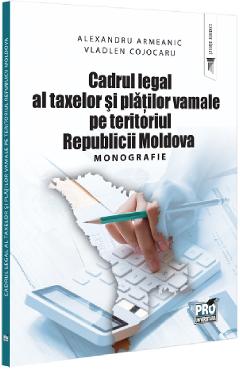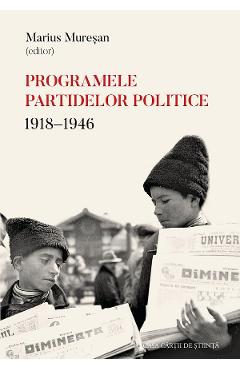- Informatii telefonice:(+40) 748 400 200
Eastern Europe and the Challenges of Modernity, 1800-2000 | Stefano Bianchini
Cod intern: xsales_1388316Producator: Routledge
Vizualizari: 29 / Achizitii: 19
Stoc: In stoc
Pret: 244.0 RON
Acest produs este publicat in categoria Librarie la data de 15-03-2025: 10:03 si vandut de Carturesti. Vanzatorul isi asuma corectitudinea datelor publicate. ( alege finantarea potrivita )
-
Produs cu garantie
-
Livrare direct din stocul fizic al Carturesti
-
Retur gratuit minim 14 zile de la data achizitiei
This book presents a concise and comprehensive overview of the mainstream flows of ideas, politics and itineraries towards modernity in Central and Eastern Europe and the Balkans over two centuries from the beginning of the nineteenth century to the end of the Gorbachev administration. Unlike other books on the subject which view modernity based on the idea of Western European supremacy, this book outlines the various different pathways of development, and of growing industrialisation, urbanisation and secularisation which took place across the region. It provides rich insights on the complex networks whereby very varied ideas, aspirations and policies interacted to bring about a varied pattern of progress, and of integration and isolation, with different areas moving in different ways and at different paces. Overall the book presents something very different from the traditional picture of the" two Europes". Particular examples covered include agrarian reform movements, in various phases, different models of socialism, and different models of socialist reform. Table of ContentsIntroduction: Industrialisation, Modernity and Development in Eastern Europe 1. Development and Backwardness: The Social Origins of East European Politics 2. Capitalism or Rural Socialism? The Dilemmas of Renewal in Russia and the Balkans 3. The "Peasant State": Ideology and Politics of Agrarian Movements in Central-Eastern Europe Between the Two World Wars 4. Communism and the "Third Peasant Way": Competing Internationals and Development Models in the USSR and Central-Eastern Europe 5. Market Socialism, National Roads to Socialism and Competition with the West 6. Between "Otherness" and Globalisation: "Real Socialism", Modernity and Gorbachev 7. Conclusion: The Challenges of Modernity and Post-Modernity.Stefano Bianchini is Professor of East European Politics and History at the University of Bologna, Italy



























Scrie parerea ta
Eastern Europe and the Challenges of Modernity, 1800-2000 | Stefano Bianchini
Ai cumparat produsul Eastern Europe and the Challenges of Modernity, 1800-2000 | Stefano Bianchini ?
Lasa o nota si parerea ta completand formularul alaturat.
This book presents a concise and comprehensive overview of the mainstream flows of ideas, politics and itineraries towards modernity in Central and Eastern Europe and the Balkans over two centuries from the beginning of the nineteenth century to the end of the Gorbachev administration. Unlike other books on the subject which view modernity based on the idea of Western European supremacy, this book outlines the various different pathways of development, and of growing industrialisation, urbanisation and secularisation which took place across the region. It provides rich insights on the complex networks whereby very varied ideas, aspirations and policies interacted to bring about a varied pattern of progress, and of integration and isolation, with different areas moving in different ways and at different paces. Overall the book presents something very different from the traditional picture of the" two Europes". Particular examples covered include agrarian reform movements, in various phases, different models of socialism, and different models of socialist reform. Table of ContentsIntroduction: Industrialisation, Modernity and Development in Eastern Europe 1. Development and Backwardness: The Social Origins of East European Politics 2. Capitalism or Rural Socialism? The Dilemmas of Renewal in Russia and the Balkans 3. The "Peasant State": Ideology and Politics of Agrarian Movements in Central-Eastern Europe Between the Two World Wars 4. Communism and the "Third Peasant Way": Competing Internationals and Development Models in the USSR and Central-Eastern Europe 5. Market Socialism, National Roads to Socialism and Competition with the West 6. Between "Otherness" and Globalisation: "Real Socialism", Modernity and Gorbachev 7. Conclusion: The Challenges of Modernity and Post-Modernity.Stefano Bianchini is Professor of East European Politics and History at the University of Bologna, Italy
Acorda un calificativ